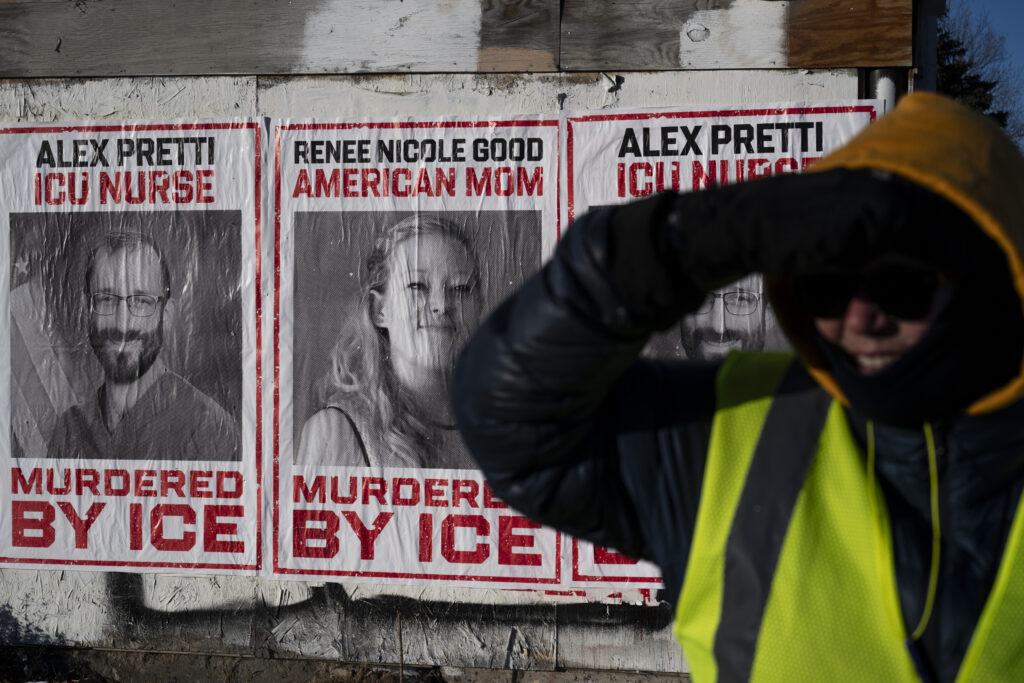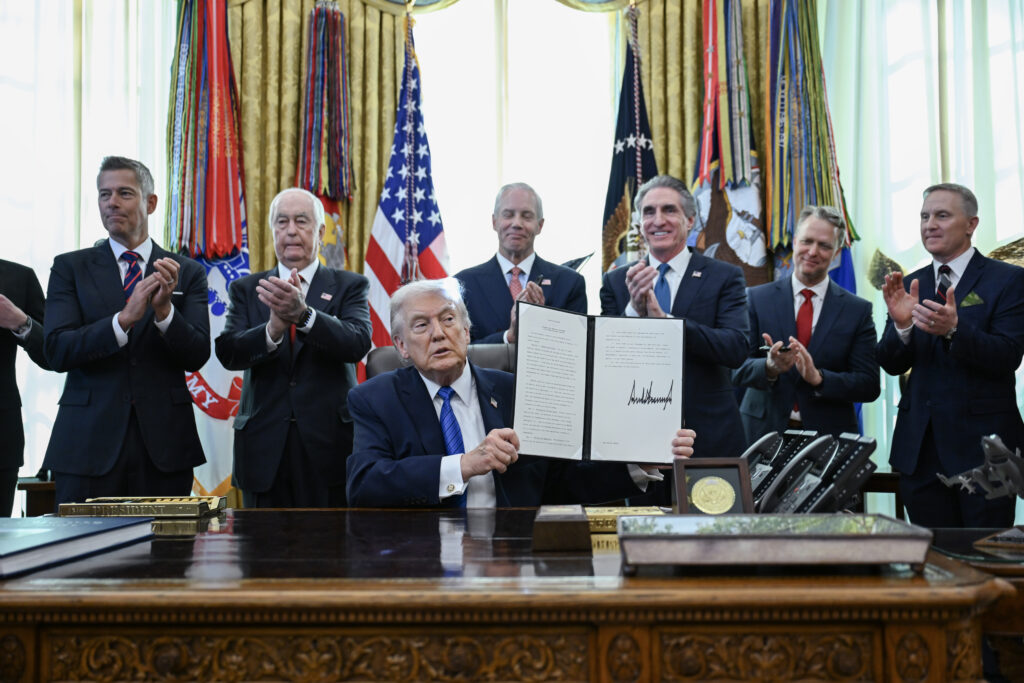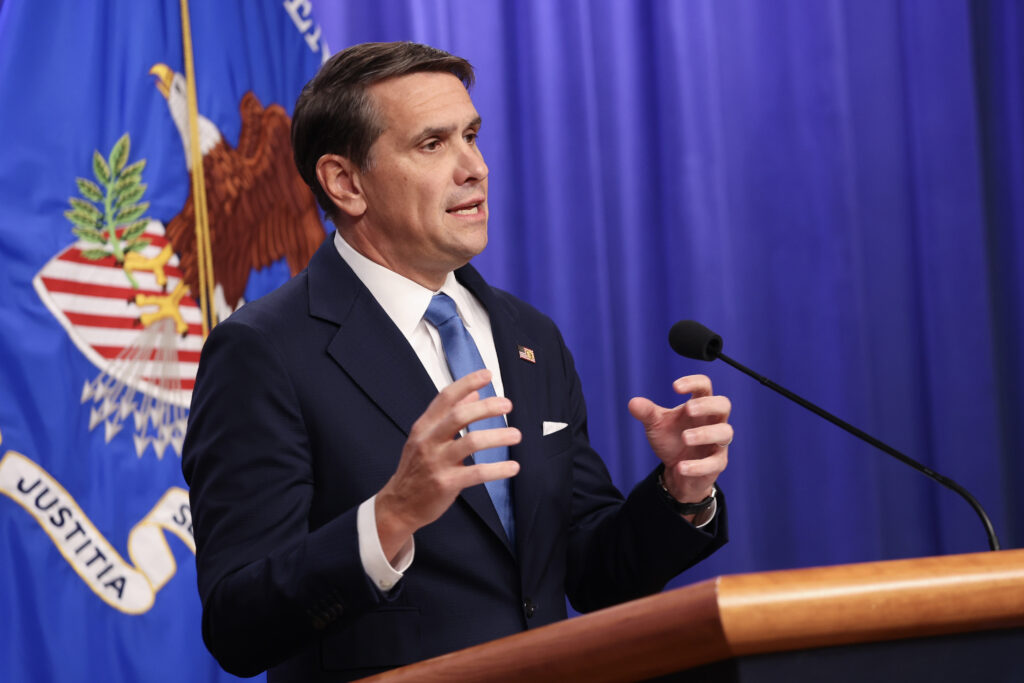US church helps feed Minneapolis migrants fearing deportation
In a Minneapolis church, Laura Christensen was overwhelmed by pallets of canned goods, pasta, fruit and vegetables — among the 45,000 kilos of food being sent each week to thousands of undocumented immigrants confined to their homes.But the retired teacher refused to sit still as the northern US city confronts a huge deployment of federal agents carrying out President Donald Trump’s mass deportation drive. “We need to remember what our country’s about,” said Christensen, 62. “The US should be about diversity. That’s kind of what the country was founded on, and people seem to forget that.”She has joined dozens of other volunteers at the Dios Habla Hoy church, which has become a nerve center for locals opposing immigration raids. The Protestant, Latino-American organization currently distributes food to 28,000 families in Minneapolis and its suburbs, according to pastor Sergio Amezcua. He has been astonished by the terror that has gripped the region. Amezcua started the food aid program in early December to support undocumented migrants who were reluctant to do their shopping for fear of encountering immigration agents.He initially thought his church would “help 10 to 20 families, and that’s it”.Yet within a few hours, he told AFP, “we had 2,000 families registered. That’s when we knew that something was really bad.”- Racial profiling – Many people in Minneapolis are furious at the aggressive tactics used by immigration agents. Their operations often see groups of masked and armed officers making heavy-handed arrests at bus stops, shops and other areas where migrants are known to gather. Over recent weeks in Minneapolis, federal agents have also killed two US citizens protesting their actions, shot a Venezuelan man in the leg, and detained an Ecuadorian boy and his father. “They’re arresting five-year-olds, pregnant women. So there’s a lot of abnormal things that happen,” said Amezcua, a US citizen who immigrated here from Mexico.”They racially profile people, so people are scared, even people born here.”Amezcua said that of the 600 Hispanic people in his congregation, half are Americans. But just 80 dared to attend the most recent Sunday service. – ‘Order, but with dignity’ -The pastor now regrets voting for Donald Trump in 2024. He said he truly believed the Republican would focus on deporting “bad hombres” — “criminals, pedophiles, narco people, killers.”Amezcua said he can’t understand how the Trump administration, which includes many officials who profess their Christian faith, can justify the rough immigration policies it has rolled out.”Christians are called to treat people with compassion, to welcome the stranger, to feed the poor, and yes, to have order, but with dignity,” he said.Some of the church’s volunteers voiced concern that Trump was punishing Democrat-run Minneapolis for political sins. The so-called sanctuary city blocks local authorities from cooperating with federal immigration raids — a policy that infuriates the president. “If he was really seeking illegal immigrants, he would send troops in red states like Texas and Florida, where the most illegal immigrants are,” said Kathleen, 66, who was preparing to deliver food aid. “He’s attacking our state because we’re a blue state.”









